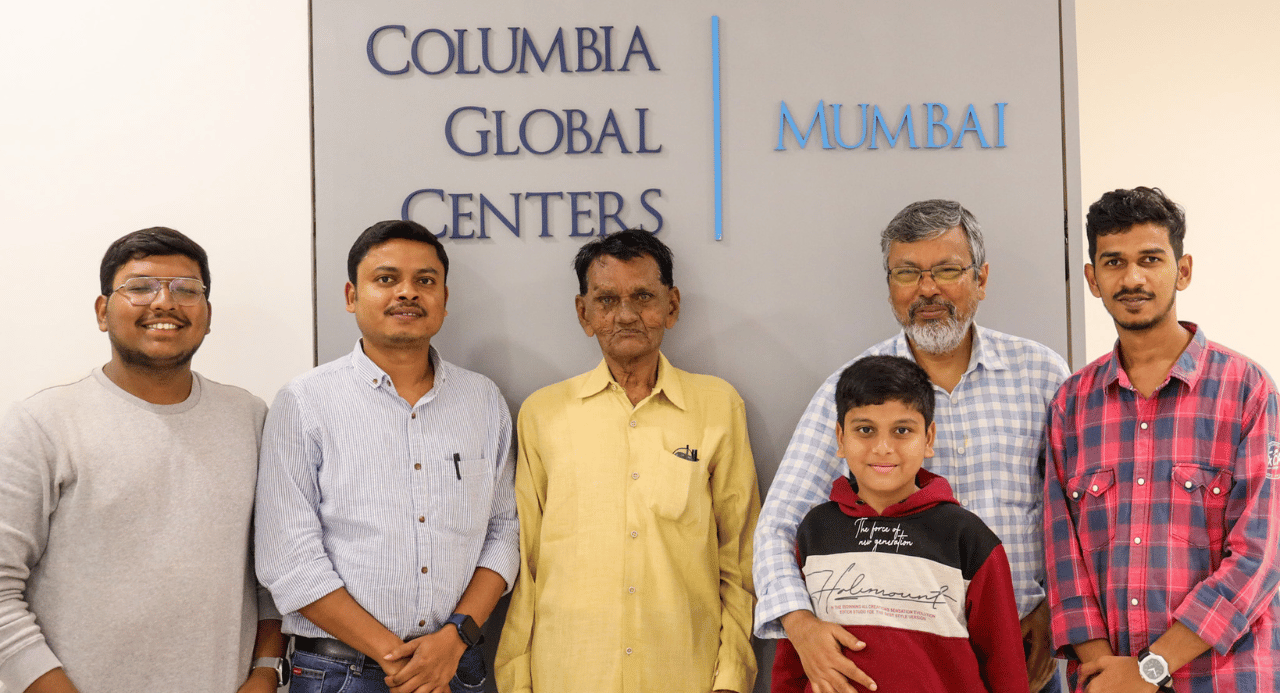Preserving Historical and Cultural Memory

What if the stories of marginalized communities were lost forever? How would we understand their struggles for social justice and their cultural contributions to our world?
Recognizing the importance of preserving and increasing access to primary sources that reflect marginalized communities' histories, cultures, and experiences, Columbia University has spearheaded ‘The Anticaste Archives: Preserving Historical and Cultural Memory’ initiative. The project aims to deepen the already strong connections that exist between scholarship, activism, preservation and expanded access to knowledge.
With a five-year grant from Arcadia, a charitable fund of Lisbet Rausing and Peter Baldwin, the university in collaboration with Barnard College and the Centre for Studies in Social Sciences Calcutta (CSSSC) is developing a digital archive of materials created by communities in India related to anticaste advocacy.
The Columbia Global Center Mumbai is supporting the initiative by providing a physical space for archive development. As part of this project, the Mumbai Center hosted Ramesh Shinde, a living library on Dr. B.R. Ambedkar in January. Shinde's unparalleled collection of Dr. Ambedkar's works will form an integral part of the archive. Dr. Ambedkar was a lifelong champion of social justice and received his PhD in Economics from Columbia University in 1927.
Shinde, who is now 90 years old, has spent nearly seven decades of his life amassing an unparalleled collection of Dr. Ambedkar's writings. His collection boasts 3,000 of the finest works of authorship on the economy, caste, religion, and national affairs of India, including the first editions of 'Annihilation of Caste' and 'The Problem of the Rupee'. The collection also includes Dr. Ambedkar's correspondences with Mahatma Gandhi, Jawaharlal Nehru, and copies of newspapers edited by him.
A devoted follower of Dr. Ambedkar, Shinde started building his collection when he was just 15 years old. "I have seen Ambedkar from close quarters, I used to listen to his speeches and travel wherever he was," said Shinde. "When Ambedkar would stand in the auditorium (to give a speech), the entire room would become calm and quiet. His personality was such that it would command attention."
As an employee at the Bombay Porters' Trust, Shinde went to collect rare titles published at selected places in and around the state, mainly in Pune, Solapur, and Ahmednagar, during his free hours. Shinde's valuable collectibles have proved to be a hidden gem for Indian and foreign researchers, PhD scholars, filmmakers, activists in the anti-caste movement, and those who acknowledge Dr. Ambedkar's works and are involved in studying his works. "Researchers from Japan, London, US, come to visit me often and use my collection."
Unfortunately, Shinde's collection was damaged during the 2005 floods. "I used to store many of the books in the cupboards and drawers close to the ground. During the flash floods, water entered our house, and many of the works were soaked."
The Anticaste Archives initiative is crucial in preserving and making available primary sources that reflect marginalized communities' histories, cultures, and experiences. The project's success relies on collaborations and partnerships with passionate individuals like Ramesh Shinde, who have dedicated their lives to preserving and promoting the voices of the oppressed.